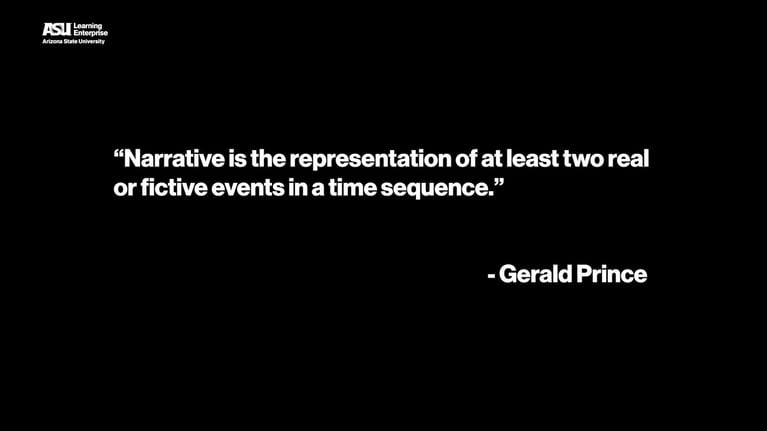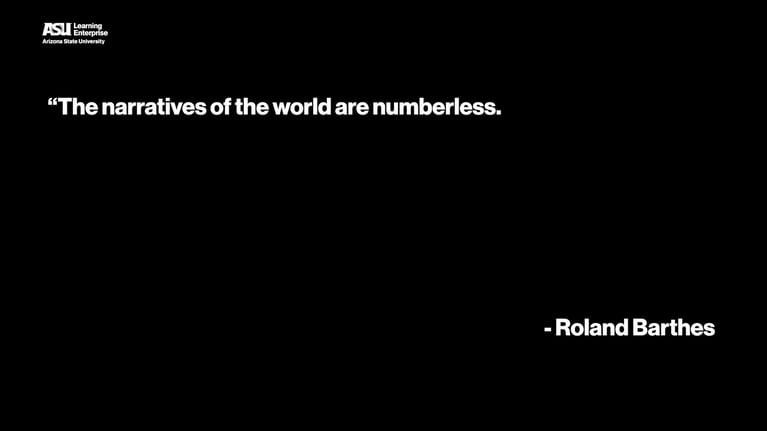Stories play a crucial role in shaping our identities and the world we live in. They have the power to define our social reality and can have profound consequences. Understanding the influence of storytelling is essential in recognizing the moral responsibility it carries. Scotland's narrative is more than kilts and castles, reflecting a thriving country shaped by diverse stories. Embracing the significance of stories reminds us that they can transcend fiction and become our reality, impacting us all.
I often think of narrative as a machine. So far in this series, we’ve looked at the parts of that machine. But what sorts of things does this machine do?
I’ve talked about how stories are everywhere. About how everyone is a storyteller. We’re constantly telling stories to one another.
In fact, stories go a long way towards creating who we are, our identities. The stories we tell about ourselves help shape who we are, who others think we are. As professor Peter Brooks writes, “Our very definitions as human beings is very much bound up with the stories we tell about our own lives and the world in which we live.”
Ok, cool. We’re all made of stories. I guess that seems like a kind of fun metaphor. But I’m not sure it’s a metaphor. Or not simply a metaphor.
In fact, I’d go one step further. It’s not just we who are made of stories. The world is made of stories.
What? That sounds silly. “The world is made of stories?” C’mon.
Ok, but bear with me. Because this is a startling but important idea.
Narrative is constitutive of social reality.
Let’s break this concept down. What does “constitutive” mean?
Constitutive means having the ability to produce something else. It can also mean forming a part of something else. Social reality is the reality established and maintained by the consensus of a group. This is distinct from what we may call physical reality, which is that reality that is independent of human institutions, perception, language, culture, history, etc.
So when I say narrative is constitutive of social reality, I’m saying that stories create the social world in which we live.
Let me give some examples:
When I was a kid, I was taught this story, “Columbus discovered America.” For a long time, a lot of people were taught this story, and it helped create the reality in which they lived.
Let’s try some other, more recent stories:
“Superhero movies are destroying cinema.”
“Technology is making life better and better.”
I’m not saying these stories are true or false. But the fact that they’re repeated in various ways in various places help shape the reality we live in today.
The concept that narrative is constitutive of social reality isn’t just some hazy, imaginary metaphor. It has real, material consequences.
Take for example this story: “The 2020 US election was stolen.” Maybe you’ve heard that story. It refers to the 2020 US presidential election.
Millions of Americans accepted that story. It created the social reality for them, and even transformed the social reality for those who didn’t believe it.
And on January 6, 2021, a bunch of people acted on that belief. You’ve probably heard the story about how a giant mob of people stormed the US capitol building on January 6, 2021. On that day, people died, many were traumatized and injured, lives were ruined or forever changed.
All because of a story. In fact, the story didn’t just produce social reality, it shaped physical reality for many people, for their families and loved ones. People died, were hurt and traumatized because of a story.
So the idea that narrative is constitutive of social reality is a way of saying that not only are you and I made of stories, but the world is made of stories.
And that is an awesome, even sobering thought. It suggests that telling stories involves a kind of power – a moral responsibility.


